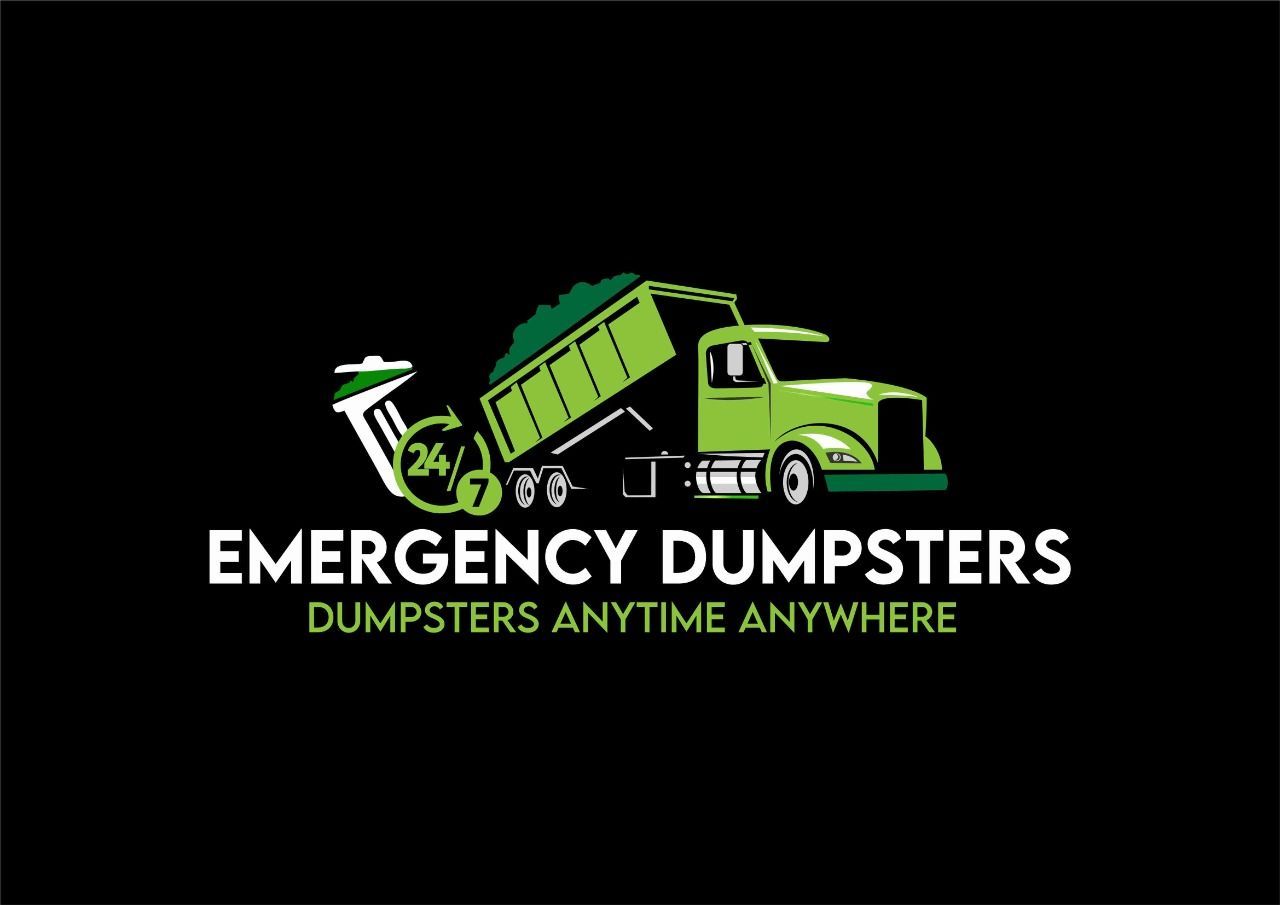Reduce Event Waste in 5 Simple Steps
Michael Mintz
Planning an event is exciting, but it’s important to consider the environmental impact it can have. From food waste to disposable packaging, large gatherings can generate significant amounts of trash. Fortunately, reducing event waste is achievable with the right strategies. Here are five effective steps to minimize waste and host a more eco-friendly event.
1. Plan Ahead with Sustainable Vendors
Choosing vendors who share your commitment to sustainability is a great first step. Work with caterers and suppliers that prioritize locally sourced food, offer reusable or compostable serving options, and minimize single-use packaging. By selecting vendors who are eco-conscious, you’ll automatically reduce the waste generated by food and supplies.
2. Encourage Reusable Materials
Encourage attendees to bring their own reusable items, such as water bottles, coffee cups, and cutlery. Provide water refill stations instead of single-use plastic bottles, and consider handing out reusable event bags instead of plastic ones. Additionally, opting for digital tickets and event schedules rather than printed materials can significantly cut down on paper waste.
3. Implement a Recycling and Composting Program
Make it easy for attendees to recycle by placing clearly labeled recycling and compost bins throughout the venue. Make sure the bins are located in high-traffic areas, such as near food stations and restrooms. Partnering with a local waste management company like 24/7 Emergency Dumpsters can help ensure that waste is properly sorted and disposed of, whether through recycling, composting, or safe disposal methods.
4. Donate Leftover Food and Materials
After the event, many leftover items can still be put to good use. Partner with local food banks or shelters to donate any leftover food that meets health and safety guidelines. Non-perishable items such as decorations, centerpieces, or even event materials can often be donated to schools or community centers. By donating unused items, you can reduce waste and give back to the community.
5. Monitor and Review Waste Reduction Efforts
After the event, take time to assess your waste reduction efforts. How much waste was actually recycled or composted? Were there items that could have been reduced or reused? Monitoring your event's waste can help you identify areas for improvement and refine your waste management strategies for future events. A post-event review can also provide valuable insights that may help reduce costs while further minimizing environmental impact.
Conclusion
Reducing event waste doesn’t have to be complicated. With careful planning and the right partnerships, you can host a successful event while minimizing your environmental footprint. If you’re looking for expert waste management solutions, 24/7 Emergency Dumpsters is here to help you manage and reduce event waste, ensuring your event is both memorable and sustainable.
By following these five steps, you can make a positive impact and set the standard for eco-friendly events.
Share to:
Phone: 1-866-349-2734
For Residential Dumpsters and Junk Removals all across the U.S. please call 561-372-3176

